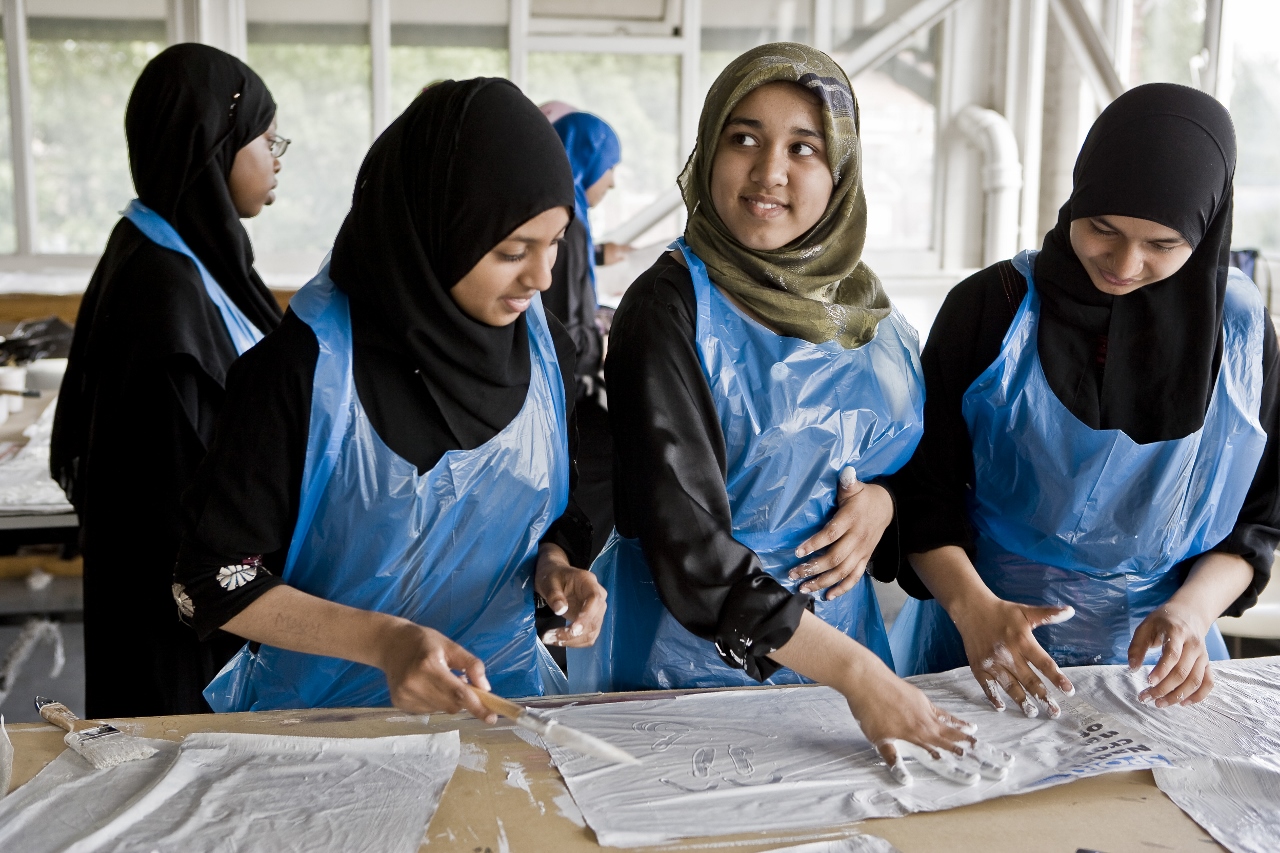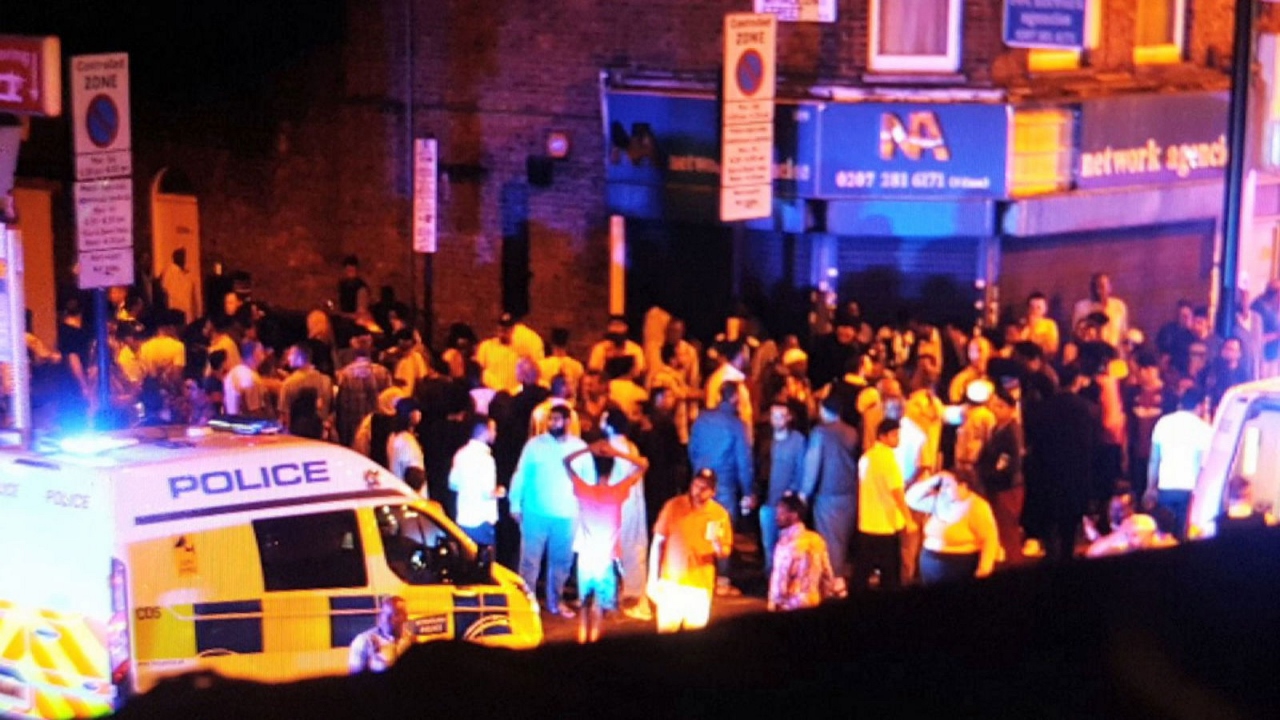Some influential scholars have said UK mosques should remain open for congregational prayers despite the Muslim Council of Britain’s (MCB) advise because of the coronavirus pandemic.
MCB called for the suspension of all congregational activities at UK mosques and Islamic centres earlier this week, strongly recommending Muslim communities across the UK to suspend all congregational activities.
But a fatwa by Deobandi scholars Yusuf Shabbir and Mufti Shabbir Ahmad (Jamiatul Ilm Wal Huda in Blackburn) and Mufti Muhammad Tahir (Darul Uloom Bury) urges Muslim congregates to carry on as normal, and many mosques across the country remain open.
Many Muslims have taken to social media stating that in the light of the sharp rise of coronavirus-related deaths and the national school-closures announcement today, for Islamic leaders to continue congregational prayers is “highly irresponsible.”
MCB’s unprecedented step came after public health advice of stopping “non-essential contact” with others and the Government’s Chief Scientific Advisers advising the public to avoid gatherings “big or small” in an attempt to curb the spread of coronavirus (COVID-19).
A press statement from MCB said: “Given the overwhelming majority of Muslims identify with their local mosque, its centrality to communal activities should not be understated.
“The choice therefore to suspend all congregational activities, is not one that has been taken lightly.”
Harun Khan, Secretary General of the Muslim Council of Britain, stated: “Muslim communities up and down the country, like others, have been carefully considering how best to continue with our regular social and religious activities, whilst trying to minimise the spread of the coronavirus.
“With the increasing rate of transmission and the number of deaths, medical and scholarly advice all points towards the limitation of social contact as the key towards reducing the spread.
“We all have a public duty to protect one another from harm, and it is evident the most effective way to do this now is to avoid social contact as much as possible. This includes all walks of life, whether social, work or the mosque.
“This leaves members of our society who are vulnerable and socially isolated at risk. Now is the time for British communities to come together to support one another, and work with friends, family and neighbours to ensure no one is left behind.
“Whether it be at the mosques (particularly Friday prayers) which draw crowds including the elderly, vulnerable and those at high risk, weddings, social events or simple day-to-day activities, it is imperative that this extraordinary step is taken to ensure the safety and wellbeing of our communities, and our country as a whole.”















